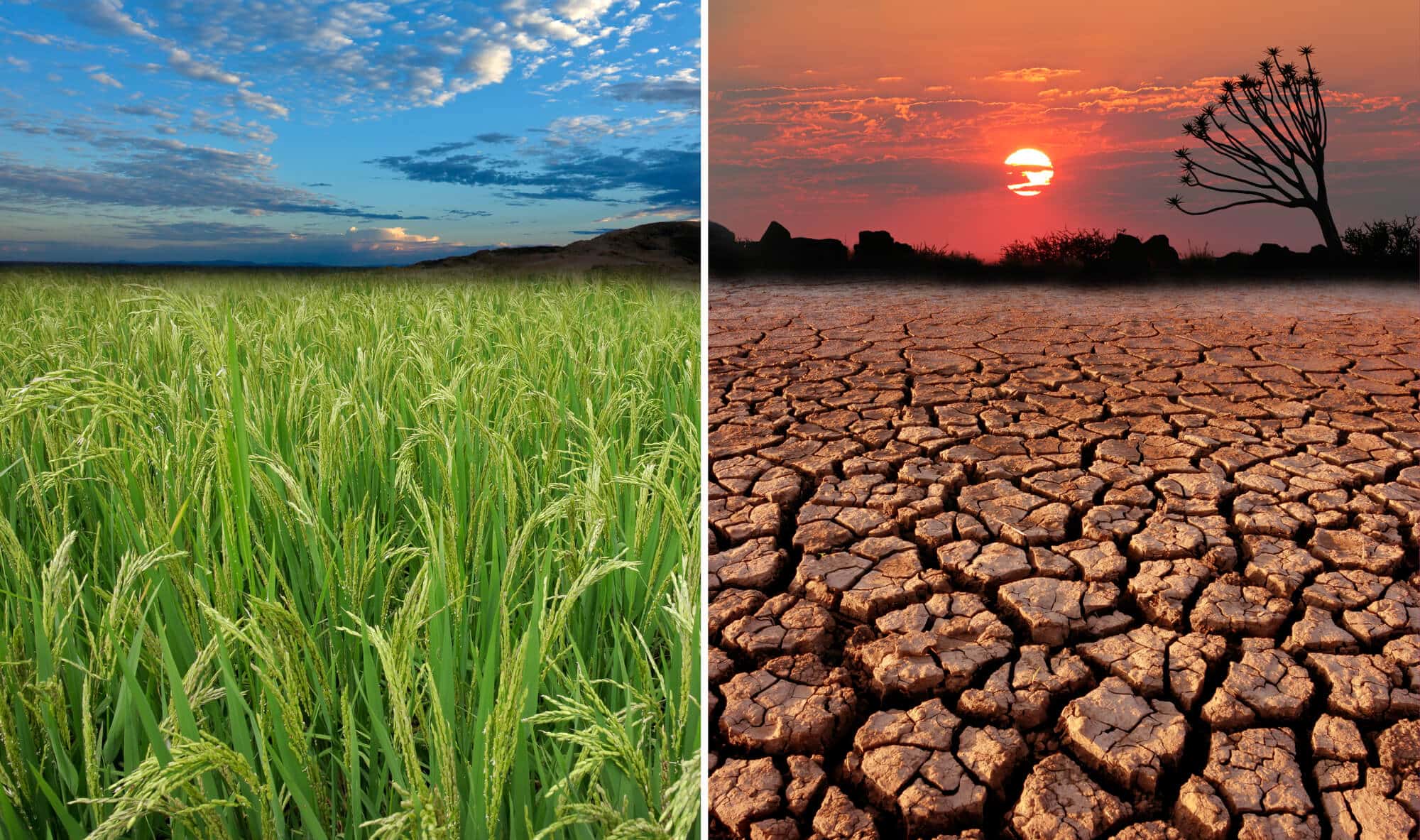This is what the Minister of Environmental Protection, Tamar Zandberg, said ahead of the Desert Day that took place this week: "While the desert phenomenon is increasing worldwide, the State of Israel has an advantage resulting from many years of experience in developing innovative solutions to deal with the challenges of living in a desert environment. The DeserTech innovation center will enable Israeli innovation to be harnessed for the benefit of all the countries of the world in their fight against the climate crisis and its consequences, and will be a meeting point for technology, research and policy"

For the past two years, the Ministry of Environmental Protection has been promoting DeserTech - an international innovation center for climate change in a desert environment, together with Ben Gurion University, the Soroka Medical Center, the Municipality of Beer Sheva, the Mirage Fund and the Israel Institute for Innovation. The center is part of the Innovation Quarter in Beer Sheva, which is promoted by the Prime Minister's Office and the Beer Sheva Municipality to strengthen the city and entrepreneurship in the Negev.
The phenomenon of desertification is a global threat, while undermining food security and the availability of water sources for millions of people around the world and can even lead to displacement and global migration on a large scale.
50% of the land of the State of Israel is defined as desert and therefore, since its establishment, Israel has faced challenges arising from living in a desert environment. In the field of water, for example, Israel has developed pioneering technologies, such as technologies for precision agriculture for water desalination, and especially for water reuse. Through the development of these technologies, the State of Israel reuses 87% of its wastewater, so that today it is one of the leaders in the world in wastewater recycling. As a result of the increase in water available for irrigation, the State of Israel was able to cultivate large areas of desert land.
Since the 50s, Israel has been sharing its knowledge of dealing with arid regions with countries around the world. The challenges of desertification and living in these dry areas are getting worse due to climate change, and the need to produce creative solutions to adapt to this life requires a variety of technological tools, policy tools, regulation and training and capacity building.
The purpose of the DeserTech Center is to promote Israeli innovation as a generator of change in the global climate crisis. The constant dealing with the hot and dry climate in Be'er Sheva and the Negev region allows a "living laboratory" to examine and develop innovative solutions in the field of desert technologies that enable resilience and sustainable life in an arid and semi-arid climate. The deserttech will engage in a variety of fields, including the development and promotion of desert technologies, climate and health, training and a center for international cooperation. In addition, the center will enable the development of adapted solutions for the challenges faced by areas suffering from desertification.
The center will be a meeting point for technologies, research and policy on desert and climate change and is expected to address a wide variety of stages in the value chain - research, development, training, testing, production, marketing and export. The center will serve at the local level the city of Beer Sheva and the community, at the national level the decision makers and local authorities and at the international level researchers, countries and international organizations. In addition, following the Avraham agreements, the office leads regional collaborations.
More of the topic in Hayadan:
- Arieli Capital and the Ramat Negev Council are establishing an innovation center for ag-tech fields with an initial investment of about 5 million dollars
- The desertification of the Middle East as a result of the climate crisis will lead to wars
- The desert threatens Israel
- The traces and scars left by the wars in the Israeli nature
- The meteorological service: changes in the distribution of rains but not in their amount. Does political correctness minimize the role of man?

3 תגובות
An article about nothing.
Global warming is the root of the problem.
Dealing with the desert is like a band-aid for cancer.
The response of the director of the meteorological service - speaks well for itself: his answer is detailed and explains well how in climate science what matters are the observations, and not the feelings of the elders of Safed; What to do, and currently the observations show a clear regional warming in Israel, but do not show a clear change in the amount of precipitation compared to the past.
It is impossible to convert and change the observations so that they align with an expectation of political correctness....